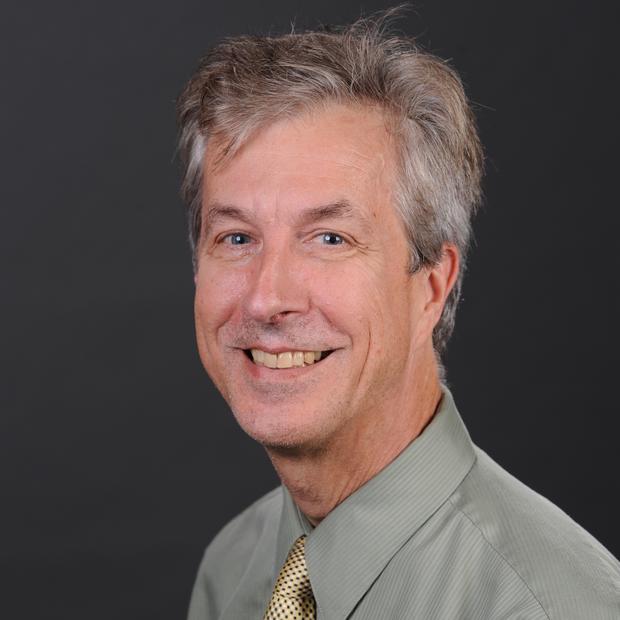But my angry neighbors reserve their angriest words for the homeless themselves, calling them “garbage” or “vermin.” In one Nextdoor post (now deleted), a neighbor suggests that we organize a “firing squad” to remove people camping in public spaces. In another, a neighbor argues that the homeless are drug addicts who can’t be rehabilitated. They deserve jail, or worse: “Take the organs of these law breakers and give it [sic] to children/adults that need it.”
Six of my neighbors actually thanked the aspiring organ harvester for his comment.
What in the world is happening in this hyperprogressive slice of Seattle, an area that voted overwhelmingly for Bernie Sanders in the 2016 Democratic primary but has, more recently, rallied against Seattle City Councilmember Mike O’Brien, prompting him not to run again this year to retain his seat in District 6?
One thing that is happening, to be sure, is a sharp increase in visible homelessness. Poor people sleep in their cars near Leary Way in Ballard, camp in the greenbelt under Interstate 5 in Roosevelt, and live in a tiny house village, a “Nickelsville,” in Northlake. The homeless are seen throughout these northend neighborhoods, sometimes pushing shopping carts filled with stuff, sometimes panhandling, sometimes huddling in dark alleys, sometimes shooting up.
For many residents here, the homeless constitute a “blight,” an eyesore. Many of my neighbors use Nextdoor to complain, over and over, as if in a Greek chorus, about “needles and feces and trash.” I don’t like it either, but am more saddened than revolted.
For still others, the homeless represent a “criminal element” that routinely steals things, including parcels left on porches, and then sells them to finance drug habits. Many of my neighbors on Nextdoor are applauding and sharing a KOMO TV documentary by Eric Johnson that painted the city’s homeless population as a bunch of addicts engaged in nonstop criminal activity.
Crime statistics don’t support Johnson’s breathless claim that “Seattle is Dying.” The city is enjoying an economic boom and, over the past 30 years, the overall crime rate has fallen dramatically, as Seattle Times columnist Gene Balk has shown. But in recent years, that rate has ticked up in some neighborhoods, especially in the north end, while falling sharply in much of the south end. For example, Greenwood has witnessed a 21% increase in crime between 2008-10 and 2015-17. By contrast, South Beacon Hill has seen its rate fall by 38% over those years.
Although most north end neighborhoods remain “safer” than most south end neighborhoods, the crime gap in Seattle has narrowed in recent years, as Balk demonstrated in another report. And some of my (white) neighbors seem painfully aware of this trend.
“The problem now is that crime is not centered in a few known-to-be-questionable neighborhoods; it’s in all the good neighborhoods, too,” wrote a neighbor from Roosevelt.
Via Nextdoor, I asked Christy what she meant by “good neighborhoods.” Her answer came quickly, without equivocation: “A good neighborhood is one with a reputation for low crime, good schools, and has high value with Realtors.” She continued: “I remember when I first moved here almost all of the crime on the news was in White Center. So I stayed away from there. You knew you had to pay attention in Downtown, Belltown, Rainier [Valley or Beach?], or Pioneer Square. But I didn’t worry in places like Green Lake, West Seattle, Queen Anne, Phinney Ridge, Ballard, Fremont or many others. Now the crime is everywhere.”
I guess it’s not supposed to be spread around. I guess crime is supposed to be concentrated in “those” neighborhoods, the “bad” ones. Could it be that Bernie-land, the progressive white north end, is revolting over a trend toward equality?
My neighbors on Nextdoor, already struggling with soaring property taxes, often talk about the trauma they have experienced with a burglary, a theft, or just the sight of someone injecting drugs in a public space. I am empathetic.
From 1988 to 1996, I lived on Beacon Hill. It was, for our mixed-race family, a good neighborhood, maybe even great. We knew most of our neighbors, a remarkably even blend of working- or middle-class Blacks, whites, Asians and Latinos. As the block-watch captain, I communicated with them face to face, a quaint medium in an age before Nextdoor.
But the neighborhood wasn’t perfect. My son played basketball in the alley after school with a kid who later died in a gang shootout. We frequently heard gunfire at night. Our car, parked outside, was often broken into. My daughter’s winter parka was taken from our front yard, perhaps by one of the homeless men who slept in the greenbelt between our street and the freeway.
Then there was the experience that led me to organize a block watch. I came home one day to find a couple intruders inside my home, rifling through drawers. As I stood near the back door, dialing 911, one of the burglars, apparently frustrated with the chain on the front door, came crashing into the room with a crowbar raised above his shoulder. “Get out of my f***ing way, motherf***er, or I’ll kill you,” he screamed. I dropped the phone and ran out the back door ahead of him.
The experience was traumatic, but it wasn’t completely unexpected. After all, I lived in a neighborhood with a higher crime rate, a neighborhood deemed “bad” or worth avoiding by North Seattleites. And I never assumed that I deserved better, that I had a natural right to absolute safety.
But now I live in a “good” neighborhood of class and race privilege. And my neighbors on Nextdoor are fighting hard to retain all that — no needles, no feces, no trash. Not here, damn it. Not in the Great White North.



